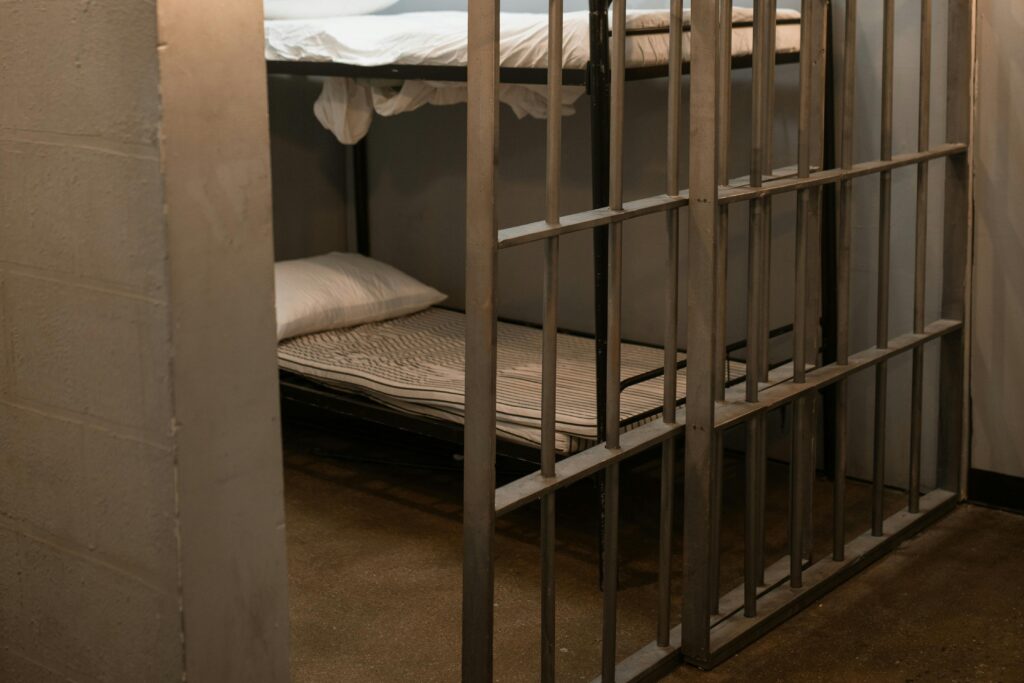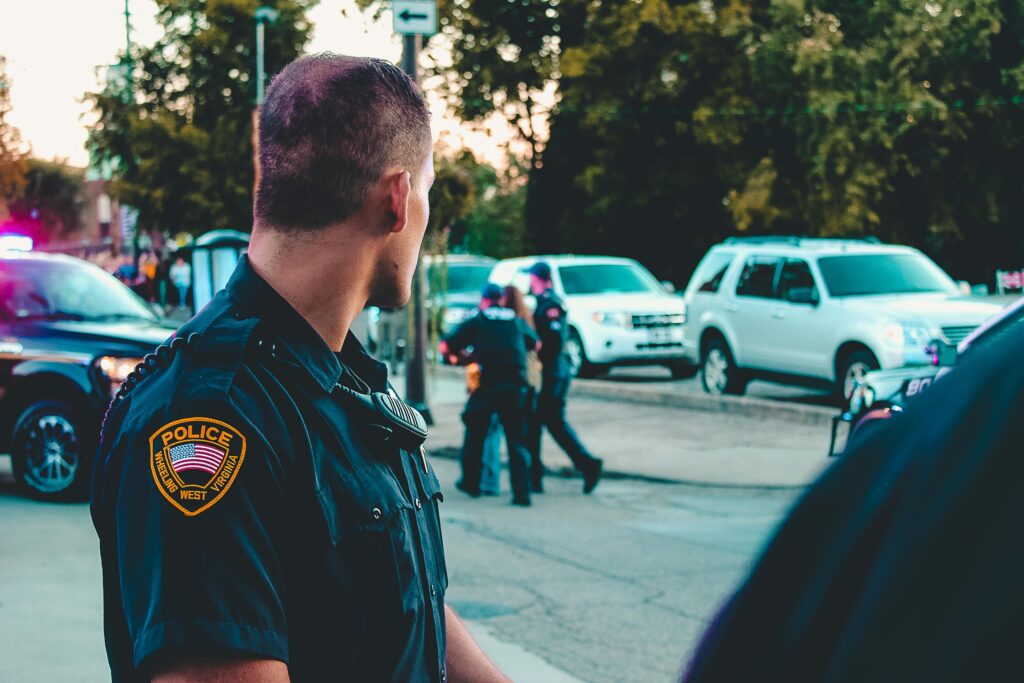Most people assume the law will protect them from false accusations—but the fear of arrest can become real the moment someone threatens to file a police complaint.
It’s common to wonder: “Can I actually be jailed without proof?” The answer is not black and white. While the law sets certain safeguards, arrest can still happen even before solid evidence is found.
To understand how that’s possible, it’s important to know how Indian criminal law treats arrest and evidence. Under Section 41 of the Criminal Procedure Code (CrPC), the police have the power to arrest without a warrant in cognizable cases (like assault, theft, or domestic violence) if they believe the person has committed the offence.
However, this power isn’t unlimited. The police must record valid reasons for arrest, especially in offences punishable with less than seven years. This safeguard was introduced after the Supreme Court’s ruling in Arnesh Kumar v. State of Bihar (2014), which made it clear that arrest should not be automatic.
In fact, Section 41A of the CrPC requires the police to issue a notice of appearance before making an arrest in less serious offences.
This means that instead of taking someone into custody immediately, the police must first ask them to appear for questioning—unless arrest is necessary for reasons like tampering with evidence or absconding.
That said, the police don’t always need solid proof to arrest. What they need is a reasonable suspicion that a crime has occurred. This is based on what lawyers call prima facie evidence—something that may not prove guilt, but points to the need for investigation.
Here’s how the idea of “evidence” differs depending on the stage of the case:
| Stage | What’s Needed | Can Arrest Be Made? |
| Complaint stage | Statement by victim or witness | Yes, in cognizable cases |
| FIR registered | Circumstantial facts, documents, medical records | Yes, if justified under Section 41 |
| No evidence at all | Mere allegation with no supporting facts | Arrest may be challenged, but can still happen briefly |
This means you can be arrested even if there’s no hard evidence yet, but that doesn’t mean the arrest will hold up in court.
In many cases, people get arrested based solely on statements. But courts do step in and grant bail or quash such cases when they find them to be false, exaggerated, or lacking substance.
To know more about how FIRs are registered and what happens after that, read What Happens After You File an FIR? Step-by-Step. It breaks down the entire timeline of police action.
Another way to protect yourself is to act early. If you sense that someone might file a false case, or if you receive threatening calls or police notices, you can approach the court for anticipatory bail under Section 438 of the CrPC.
This protects you from arrest in advance, giving you time to present your side in court without being taken into custody.
If you feel you’re being unfairly targeted, read What to Do If You’re Being Harassed or Threatened. It explains how to approach the police and what kind of evidence you can gather.
If you’re ever arrested with little or no evidence against you, remember this: the law may allow police to act quickly, but it also gives you powerful rights. Knowing and exercising them can make the difference between unnecessary jail time and swift relief.
Under Article 22(1) of the Indian Constitution, you have the right to be informed of the reasons for your arrest and to consult a lawyer of your choice. As per Section 50 of the CrPC, the police must also inform you whether the offence is bailable or non-bailable.
Once arrested, you must be produced before a Magistrate within 24 hours, as required by Section 57 of the CrPC. Failure to do so makes the detention illegal.
If the police arrest you without proper justification—especially in cases where there’s no credible evidence—you can challenge the arrest and apply for bail.
In many such cases, courts grant anticipatory or regular bail almost immediately, especially when the complaint appears vague or baseless. If you haven’t yet been arrested but suspect a false complaint is being planned, you can pre-emptively apply for Anticipatory Bail under Section 438 of the CrPC.
If you’ve already been arrested, a remedy under Section 439 CrPC allows you to apply for regular bail through the Sessions Court or High Court. The court considers factors like the seriousness of the offence, previous criminal history, and—importantly—the quality of evidence presented.
If the entire FIR is based on lies, exaggeration, or a personal grudge, the High Court can quash it under Section 482 of the CrPC, which gives it inherent powers to prevent abuse of process.
In extreme cases where arrest was clearly unlawful, or done in bad faith, courts have awarded compensation to the wrongfully arrested person. This is supported by Article 21 of the Constitution, which protects your right to life and personal liberty.
Always ask the police for a copy of the FIR and keep records of all interactions. Legal assistance in the early stages is not optional—it’s essential.
For more on how to respond after someone is arrested, read How to Help a Friend or Family Member Who’s Been Arrested. It explains the legal and emotional support you can offer.
FAQs
1. Can the police arrest me without hard proof?
Yes, if they have reasonable suspicion. But it can be challenged in court.
2. What’s the first thing I should do if I’m arrested?
Ask why you’re being arrested, request a lawyer, and remain calm.
3. Will I get bail if there’s no strong evidence?
Most likely, yes—especially in bailable offences or weak cases.
4. Can I be jailed just based on someone’s statement?
Temporarily, yes. But continued detention needs stronger grounds.
5. Can the court cancel the FIR if it’s false?
Yes. The High Court can quash it under Section 482 CrPC.



